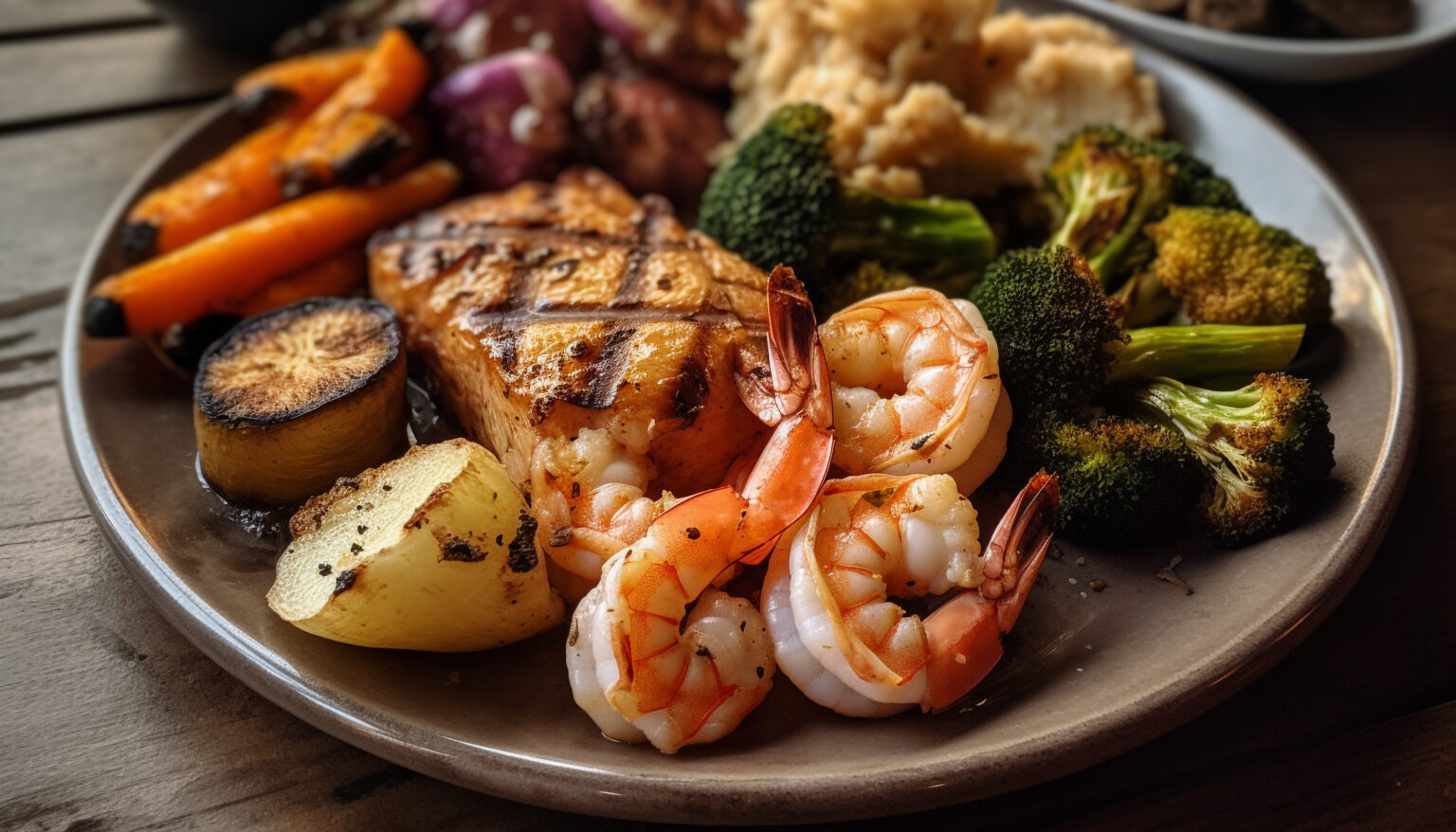As concerns about climate change and sustainability continue to grow, more and more people are exploring alternative dietary choices that can minimize their environmental footprint. Two such options gaining popularity are the pesco-vegetarian diet and sustainable seafood choices. In this article, we will delve into the potential environmental impact of these dietary approaches, highlighting their positive contributions to sustainability and outlining key considerations for responsible seafood consumption.
Understanding Pesco-Vegetarianism:
Pesco-vegetarianism is a dietary pattern that combines a vegetarian diet with the inclusion of seafood. While traditional vegetarian diets exclude meat and poultry, pesco-vegetarians include fish and other seafood as a source of animal protein. This approach is often chosen for health reasons, ethical considerations, or a desire to reduce the environmental impact associated with meat consumption.
Positive Environmental Impact of Pesco-Vegetarianism:
- Reduced carbon footprint: Pesco-vegetarianism generally has a lower carbon footprint compared to diets that include land-based meats. Fish and seafood production typically emit fewer greenhouse gases and require less land, water, and feed resources compared to traditional livestock farming.
- Preserving biodiversity: By choosing seafood over land-based meats, pesco-vegetarians contribute to the conservation of terrestrial habitats. Livestock farming, especially for beef, is a leading cause of deforestation, habitat loss, and species extinction. Opting for sustainable seafood helps protect fragile ecosystems such as forests, wetlands, and grasslands.
- Efficient resource utilization: Seafood is generally more efficient in converting feed to edible protein compared to land-based livestock. Fish require less water, land, and feed to produce the same amount of protein, making them a more resource-efficient option for protein consumption.
Sustainable Seafood Choices:
While pesco-vegetarianism offers environmental benefits, it is crucial to emphasize the importance of making sustainable seafood choices. Unsustainable fishing practices and overexploitation of marine resources can have severe consequences on marine ecosystems and fish populations. To ensure responsible seafood consumption, here are some key considerations:
- Choose sustainable certifications: Look for seafood products that bear reputable certifications such as the Marine Stewardship Council (MSC) or Aquaculture Stewardship Council (ASC) labels. These certifications guarantee that the seafood is sourced from well-managed fisheries or sustainable aquaculture operations.
- Know your seafood: Educate yourself about the species you consume and their sustainability status. Some fish populations are overfished or vulnerable, while others are abundant and well-managed. Several organizations provide comprehensive seafood guides and online resources to help make informed choices.
- Support local and small-scale fisheries: Buying seafood from local and small-scale fisheries often ensures a more sustainable and traceable supply chain. These operations often employ more selective fishing methods and have a smaller environmental impact compared to large-scale industrial fishing.
- Avoid destructive fishing practices: Some fishing techniques, such as bottom trawling or using drift nets, can cause significant damage to marine habitats and result in bycatch of non-target species. Opt for seafood caught using more sustainable methods like pole and line, trolling, or traps.
Adopting a pesco-vegetarian diet and making sustainable seafood choices can have a positive environmental impact. By reducing reliance on land-based meats and opting for responsibly sourced seafood, individuals can contribute to carbon emissions reduction, biodiversity conservation, and efficient resource utilization. However, it is crucial to remain vigilant about the sustainability of seafood choices and support initiatives that promote sustainable fishing practices. By making informed decisions, we can savour the benefits of a pesco-vegetarian lifestyle while actively protecting our oceans and the planet’s future.








